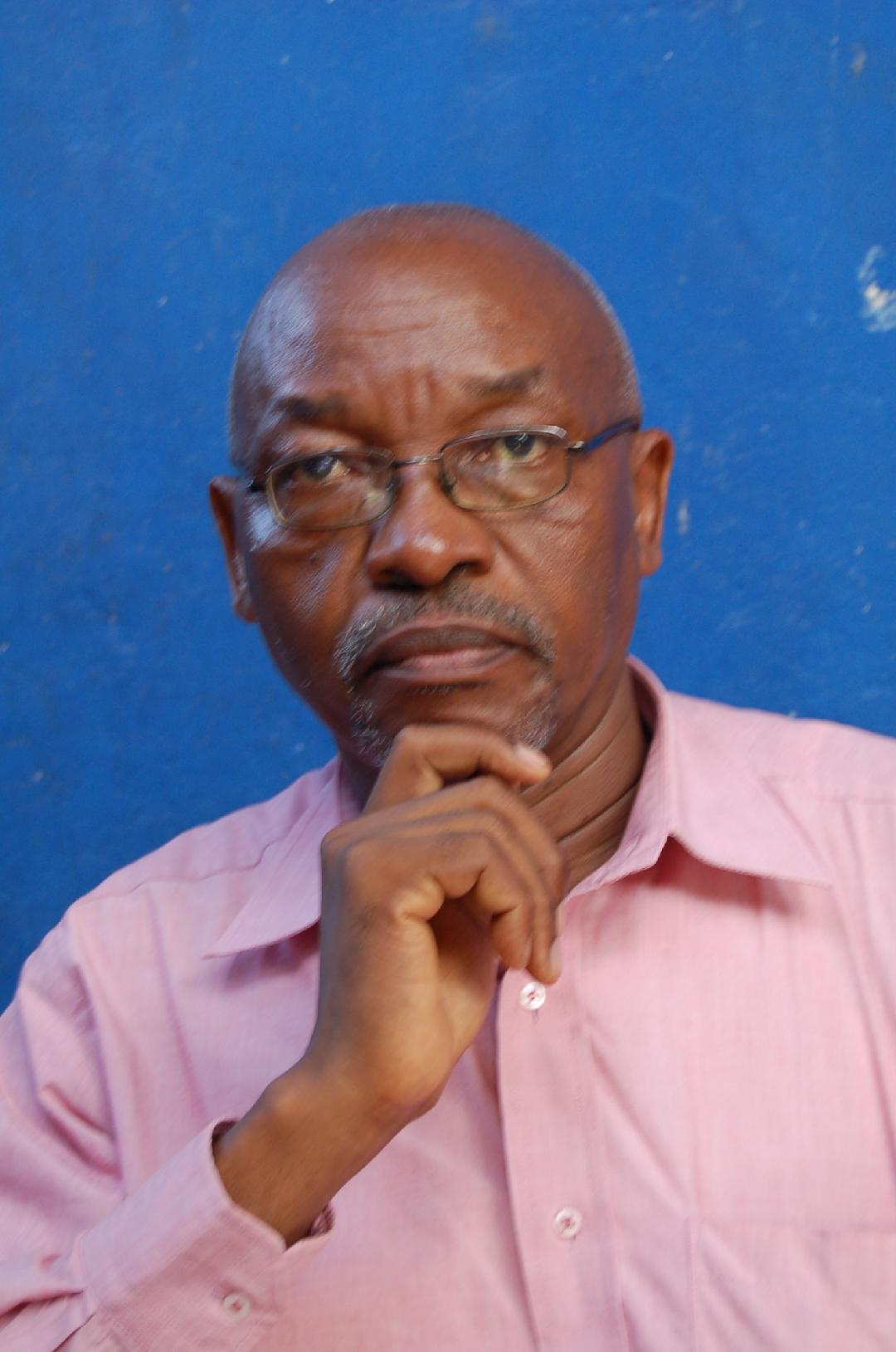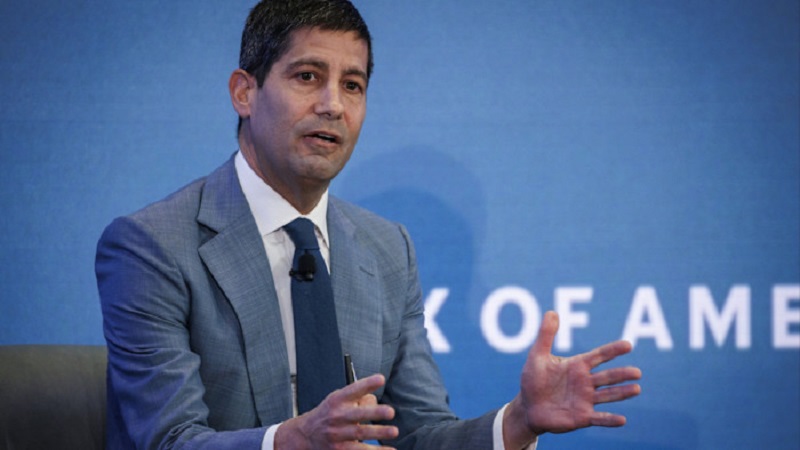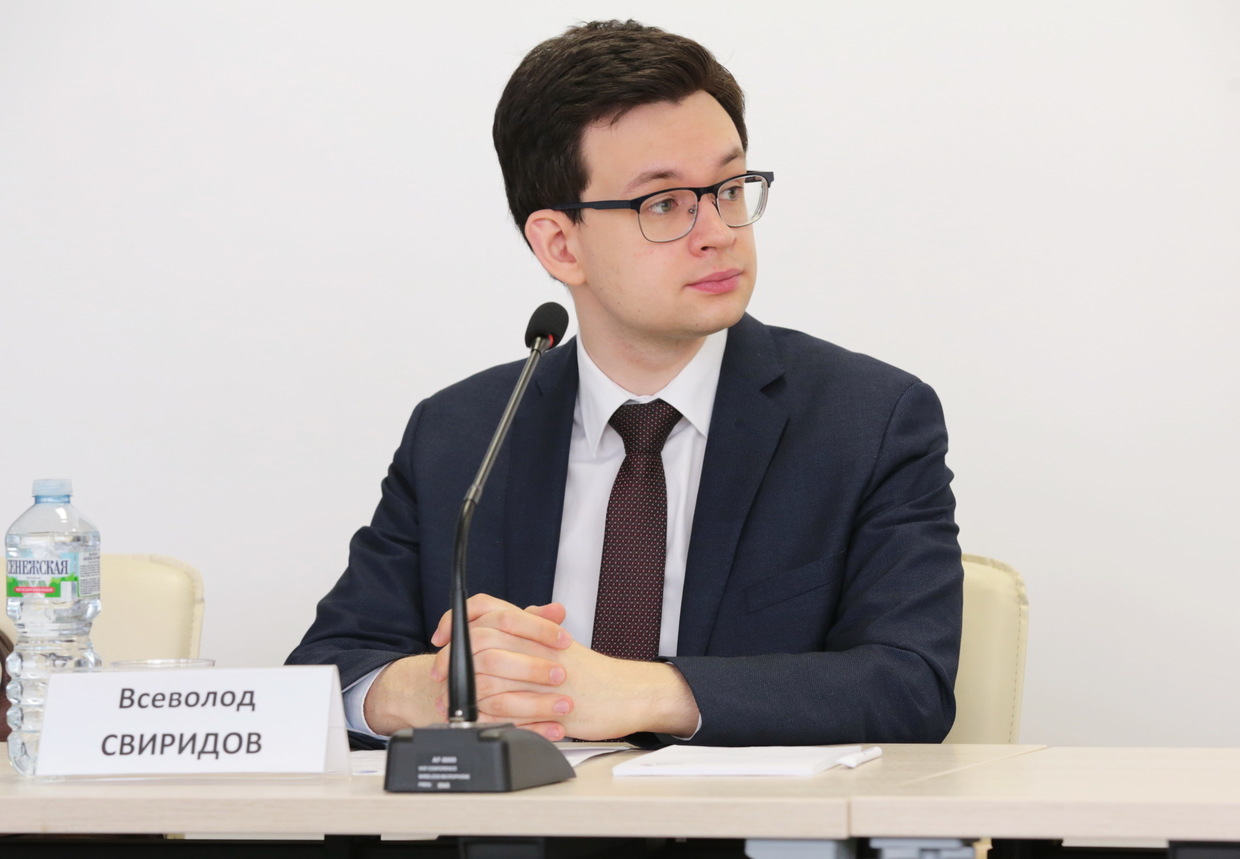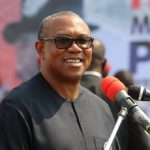World
Sochi Summit Expected to Open Russia’s Door to Africa

By Kester Kenn Klomegah
As Sochi, a Russian city located on the Black Sea coast, prepares to host African leaders, experts have been discussing the possible outcome of this first high-level event in the history of Russian-African relations, with the heads of all states of the African continent invited, as well as leaders of major sub-regional associations and organisations attending. According to official sources here, the summit on October 24 will play special attention to the current state and prospects of Russia’s relations with African countries and to the expansion of the political, economic, technical and cultural cooperation.
The agenda includes a wide range of issues on the international agenda, including joint response to new challenges and threats, and strengthening of the regional stability. At the end of the meeting, the participants are scheduled to adopt a political declaration on the key areas of Russian-African cooperation.
Ahead of summit, to be co-chaired by President Vladimir Putin of Russia and Egyptian President Abdel Fattah el-Sisi, who also heads the African Union, IDN’s Kester Kenn Klomegah talked to Dr. Gideon Shoo, media consultant and business lobbyist based in Kilimanjaro Region in Tanzania. Dr. Shoo explained in this interview what Russian investors and other participants can expect from the African political leaders and corporate business heads from the public and private sectors in Africa. Following are excerpts from the interview:
Africa Beyond Aid! What should African leaders do in order to raise mutual cooperation with Russia? Let us look at this question on the reverse side, from the African side?
African leaders must strive to understand their counterparts in Russia. They need to understand the political system in Russia, and at least, the economic policies and interests. At the same time, they need to demonstrate what they can do in terms of helping Russia overcome some of the economic hitches as a result of sanctions imposed on her by the United States and the European Union. They should engage in “a scratch my back I scratch yours” relationship given the fact that Russia is advanced in technology which is badly needed in Africa.
Russia has a number of bilateral agreements, at least during the past decade, that were largely not implemented in many African countries. In your view, what mechanisms be fixed to deliver on pledges and promises?
This is quite an important aspect of Russia-African relationship. Bilateral agreements need to be revised and schedules of implementation be drawn wherever possible. Russia needs to go back to those years when it committed itself to help Africa get out of neocolonial cobweb by assisting in crucial and important areas such as education, public health and engineering. That was partly done through offering higher and specialized education as one way of development assistance to the continent.
Of course, priority spheres include energy, oil & gas, infrastructure etc., but what kinds of state support be offered Russian companies and enterprises to operate effectively in Africa?
Russian companies need to prove their superiority in the sector mentioned above. The companies should show how African countries are going to benefit. African governments must make it easier for Russian companies to set up and operate in their countries. Russian financial institutions can offer credit support that will allow them to localize their production in Africa’s industrial zones, especially southern and eastern African regions that show some stability and have good investment and business incentives. In order to operate more effectively, Russians have to risk by investing, recognize the importance of cooperation on key investment issues and to work closely on the challenges and opportunities on the continent.
Of course, Russians have been trying to return there over the past few years, which is a very commendable step forward. There are prospects for greater or broader foreign players. Until potential Russian investors make a decision to pay more high-level attention to Africa, it is difficult to see greater engagement at the economic or business level. In practical sense, it requires to move beyond mere expression of interests, it needs strategic focus and pragmatic approach from both Russians and African governments.
According to official figures, Russia-African trade currently stands at US$17.8 billion. Could trade preferences help potential African exporters (make it a two-way road) also to explore the Russian market?
Russia is, so far, a closed market to many African countries. It is difficult to access the Russian market. There are no direct flights to most African capitals, and it makes Russia not a common destination even to the Vasco da Gamas of Africa. While tropical fruits and vegetables are rotting in Africa, the Russian market is yawning because of sanctions. Why not work out a two-way traffic between Africa and Russia? African countries have to look to new emerging markets for export products, make efforts to negotiate for access to these markets. This can be another aspect of the economic cooperation and great business opportunity for both regions.
Talking about Russia’s presence in Africa and Africa’s presence in Russia. Understandably, much also depends on the interest of African businesspeople; but what should be done to stimulate or boost potential African exporters’ interest in Russia?
Visits. Visits. Visits. But, how can this be achieved if there are no direct affordable flights? Can Africa and Russia establish links through joint ventures including those in aviation? Yes, I think and believe it is possible. Can Africa, especially south of the Sahara be a tourist destination for Russians and vice versa? Yes, it is possible. For instance, tourism can primarily help to broaden cultural horizons, breaking stereotypes and attitudes.
Developing tourism is one way to promote business and raise knowledge of diverse culture in Africa. By looking at the rules and regulations, the situation about Russia’s presence in Africa and Africa’s presence in Russia can be changed. Russia and Africa have to make efforts for raising the level of trade and business in both regions.
Sochi summit holds the key to all these questions you have so far discussed above. Can these, among others and in reality, mark a definitive start of a new dawn in the Russia-African relations?
In the first place, Russians and Africans have to look at this positively. It will offer participants the opportunity to engage in dialogue, receive up-to-date information on the current trends, challenges and prospects of investment activities as well as networking for business contacts. It is also important that African leaders determine and set their development priorities.
I believe Sochi can turn out to be a new chapter in Russia-Africa cooperation, it all depends on how serious all participants are in seeing it happen. The gathering has to offer the expected fruits, leave a long-term and sustainable impact and memories among the participants. Sochi, indeed, should open the door to Africa.
World
Russia Expands Military-Technical Cooperation With African Partners

By Kestér Kenn Klomegâh
Despite geopolitical complexities, tensions and pressure, Russia’s military arms and weaponry sales earned approximately $15 billion at the closure of 2025, according to Kremlin report. At the regular session, chaired by Russian President Vladimir Putin on Jan. 30, the Commission on Military and Technical Cooperation with Foreign Countries analyzed the results of its work for 2025, and defined plans for the future.
It was noted that the system of military-technical cooperation continued to operate in difficult conditions, and with increased pressure from the Western countries to block business relations with Russia. The meeting, however, admitted that export contracts have generally performed sustainably. Russian military products were exported to more than 30 countries last year, and the amount of foreign exchange exceeded $15 billion.
Such results provide an additional opportunity to direct funds to the modernization of OPC enterprises, to the expansion of their production capacities, and to advanced research. It is also important that at these enterprises a significant volume of products is civilian products.
The Russian system of military-technical cooperation has not only demonstrated effectiveness and high resilience, but has created fundamental structures, which allow to significantly expand the “geography” of supplies of products of military purpose and, thus strengthen the position of Russia’s leader and employer advanced weapons systems – proven, tested in real combat conditions.
Thanks to the employees of the Federal Service for Military Technical Cooperation and Rosoboronexport, the staff of OPC enterprises for their good faith. Within the framework of the new federal project “Development of military-technical cooperation of Russia with foreign countries” for the period 2026-2028, additional measures of support are introduced. Further effective use of existing financial and other support mechanisms and instruments is extremely important because the volumes of military exports in accordance with the 2026 plan.
Special attention would be paid to the expansion of military-technological cooperation and partnerships, with 14 states already implementing or in development more than 340 such projects.
Future plans will allow to improve the characteristics of existing weapons and equipment and to develop new promising models, including those in demand on global markets, among other issues – the development of strategic areas of military-technical cooperation, and above all, with partners on the CIS and the CSTO. This is one of the priority tasks to strengthen both bilateral and multilateral relations, ensuring stability and security in Eurasia.
From January 2026, Russia chairs the CSTO, and this requires working systematically with partners, including comprehensive approaches to expanding military-technical relations. New prospects open up for deepening military-technical cooperation and with countries in other regions, including with states on the African continent. Russia has been historically strong and trusting relationships with African countries. In different years even the USSR, and then Russia supplied African countries with a significant amount of weapons and military equipment, trained specialists on their production, operation, repair, as well as military personnel.
Today, despite pressure from the West, African partners express readiness to expand relations with Russia in the military and military-technical fields. It is not only about increasing supplies of Russian military exports, but also about the purchase of other weapons, other materials and products. Russia has undertaken comprehensive maintenance of previously delivered equipment, organization of licensed production of Russian military products and some other important issues. In general, African countries are sufficient for consideration today.
World
Trump Picks Kevin Warsh to Succeed Jerome Powell as Federal Reserve Chair

By Adedapo Adesanya
President Donald Trump has named Mr Kevin Warsh as the successor to Mr Jerome Powell as the Federal Reserve chair, ending a prolonged odyssey that has seen unprecedented turmoil around the central bank.
The decision culminates a process that officially began last summer but started much earlier than that, with President Trump launching a criticism against the Powell-led US central bank almost since he took the job in 2018.
“I have known Kevin for a long period of time, and have no doubt that he will go down as one of the GREAT Fed Chairmen, maybe the best,” Mr Trump said in a Truth Social post announcing the selection.
US analysts noted that the 55-year old appear not to ripple market because of his previous experience at the apex bank as Governor, with others saying he wouldn’t always do the bidding of the American president.
If approved by the US Senate, Mr Warsh will take over the position in May, when Mr Powell’s term expires.
Despite having argued for reductions recently, “Warsh has a long hawkish history that markets have not forgotten,” one analyst told Bloomberg.
President Trump has castigated Mr Powell for not lowering interest rates more quickly. His administration also launched a criminal investigation of Powell and the Federal Reserve earlier this month, which led Mr Powell to issue an extraordinary rebuke of President Trump’s efforts to politicize the independent central bank.
World
BRICS Agenda, United States Global Dominance and Africa’s Development Priorities

By Kestér Kenn Klomegâh
Donald Trump has been leading the United States as its president since January 2025. Washington’s priority is to Make America Great Again (MAGA). Trump’s tariffs have rippled many economies from Latin America through Asian region to the continent of Africa. Trump’s Davos speech has explicitly revealed building a ‘new world order’ based on dominance rather than trust. He has also initiated whirlwind steps to annex Greenland, while further created the Board of Peace, aimed at helping end the two-year war between Israel and Hamas in Gaza and to oversee reconstruction. Trump is handling the three-year old Russia-Ukraine crisis, and other deep-seated religious and ethnic conflicts in Africa.
These emerging trends, at least in a considerable short term, are influencing BRICS which has increased its geopolitical importance, and focusing on uniting the countries in the Global East and Global South. From historical records, BRICS, described as non-western organization, and is loosing its coherence primarily due to differences in geopolitical interests and multinational alignments, and of course, a number of members face threats from the United States while there are variations of approach to the emerging worldwide perceptions.
In this conversation, deputy director of the Center for African Studies at Moscow’s National Research University High School of Economics (HSE), Vsevolod Sviridov, expresses his opinions focusing on BRICS agenda under India’s presidency, South Africa’s G20 chairmanship in 2024, and genegrally putting Africa’s development priorities within the context of emerging trends. Here are the interview excerpts:
What is the likely impact of Washington’s geopolitics and its foreign policy on BRICS?
From my perspective, the current Venezuela-U.S. confrontation, especially Washington’s tightened leverage over Venezuelan oil revenue flows and the knock-on effects for Chinese interests, will be read inside BRICS as a reminder that sovereign resources can still be constrained by financial chokepoints and sanctions politics. This does not automatically translate into BRICS taking Venezuela’s side, but it does strengthen the bloc’s long-running argument for more resilient South-South trade settlement, diversified energy chains, and financing instruments that reduce exposure to coercive measures, because many African and other developing economies face similar vulnerabilities around commodities, shipping, insurance, and correspondent banking. At the same time, BRICS’ expansion makes consensus harder: several members maintain significant ties with the U.S., so the most likely impact is a technocratic push rather than a loud political campaign.
And highlighting, specifically, the position of BRICS members (South Africa, Ethiopia and Egypt, as well as its partnering African States (Nigeria and Uganda)?
Venezuela crisis urges African members to demand that BRICS deliver usable financial and trade tools. For South Africa, Ethiopia, and Egypt, the Venezuela case is more about the precedent: how quickly external pressure can reshape a country’s fiscal room, debt dynamics, and even investor perceptions when energy revenues and sanctions compliance collide. South Africa will likely argue that BRICS should prioritize investment, industrialization, and trade facilitation. Ethiopia and Egypt, both debt-sensitive and searching for FDI, will be especially attentive to anything that helps de-risk financing, while avoiding steps that could trigger secondary-sanctions anxieties or scare off diversified investors.
Would the latest geopolitical developments ultimately shape the agenda for BRICS 2026 under India’s presidency?
India’s 2026 chairmanship is already framed around “Resilience, Innovation, Cooperation and Sustainability,” and Venezuela’s shock (paired with broader sanction/market-volatility lessons) will likely sharpen the resilience part. From an African perspective, that is an opportunity: South Africa, Ethiopia, and Egypt can press India to translate the theme into deliverables that matter on the ground: food and fertilizer stability, affordable energy access, infrastructure funding. India, in turn, has incentives to keep BRICS focused on economic problem-solving rather than becoming hostage to any single flashpoint. So the Venezuela episode may function as a cautionary case study that accelerates practical cooperation where African members have the most to gain. And I would add: the BRICS agenda will become increasingly Africa-centered simply because Africa’s weight globally is rising, and recent summit discussions have repeatedly highlighted African participation as a core Global South vector. South Africa’s G20 chairmanship last year explicitly framed around putting Africa’s development priorities high on the agenda, further proves this point.
-

 Feature/OPED6 years ago
Feature/OPED6 years agoDavos was Different this year
-
Travel/Tourism9 years ago
Lagos Seals Western Lodge Hotel In Ikorodu
-

 Showbiz3 years ago
Showbiz3 years agoEstranged Lover Releases Videos of Empress Njamah Bathing
-

 Banking8 years ago
Banking8 years agoSort Codes of GTBank Branches in Nigeria
-

 Economy3 years ago
Economy3 years agoSubsidy Removal: CNG at N130 Per Litre Cheaper Than Petrol—IPMAN
-

 Banking3 years ago
Banking3 years agoSort Codes of UBA Branches in Nigeria
-

 Banking3 years ago
Banking3 years agoFirst Bank Announces Planned Downtime
-

 Sports3 years ago
Sports3 years agoHighest Paid Nigerian Footballer – How Much Do Nigerian Footballers Earn











